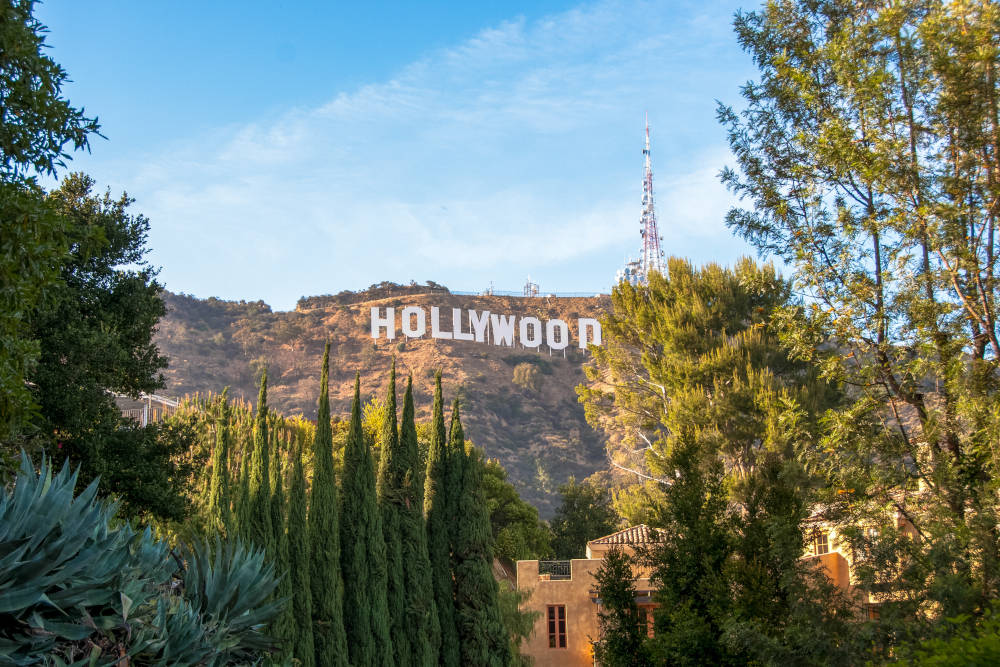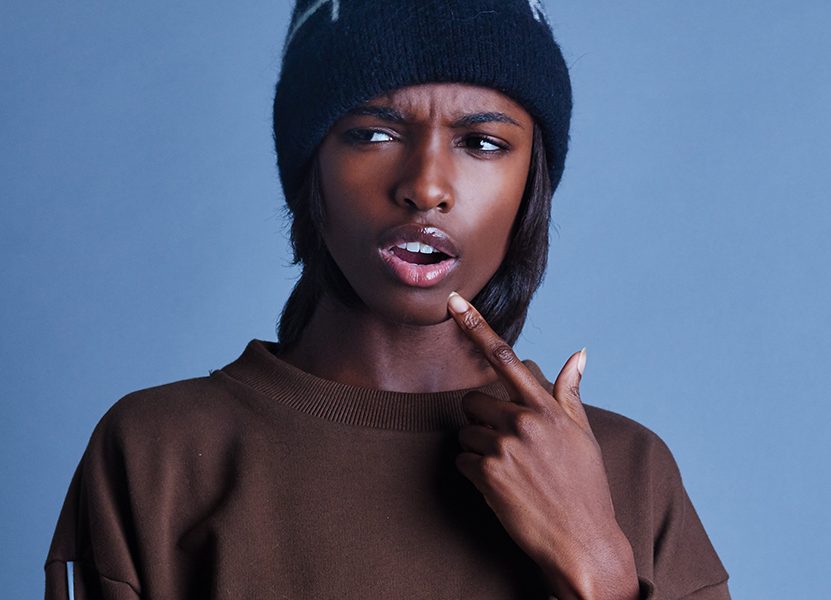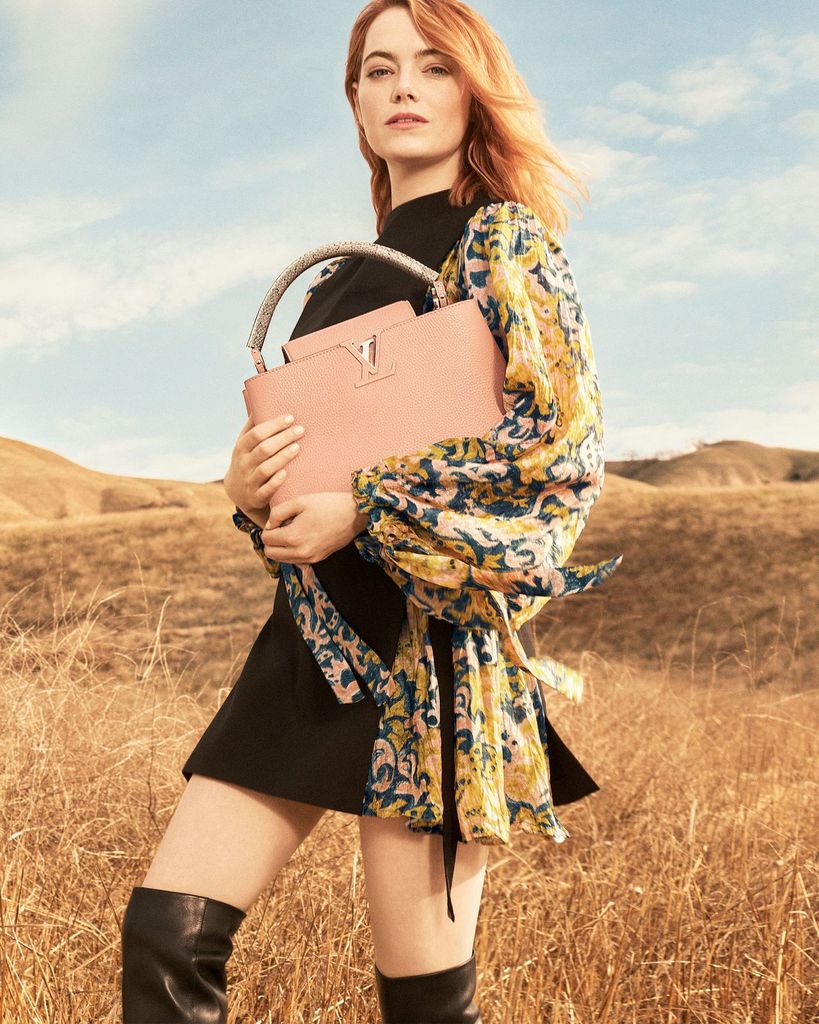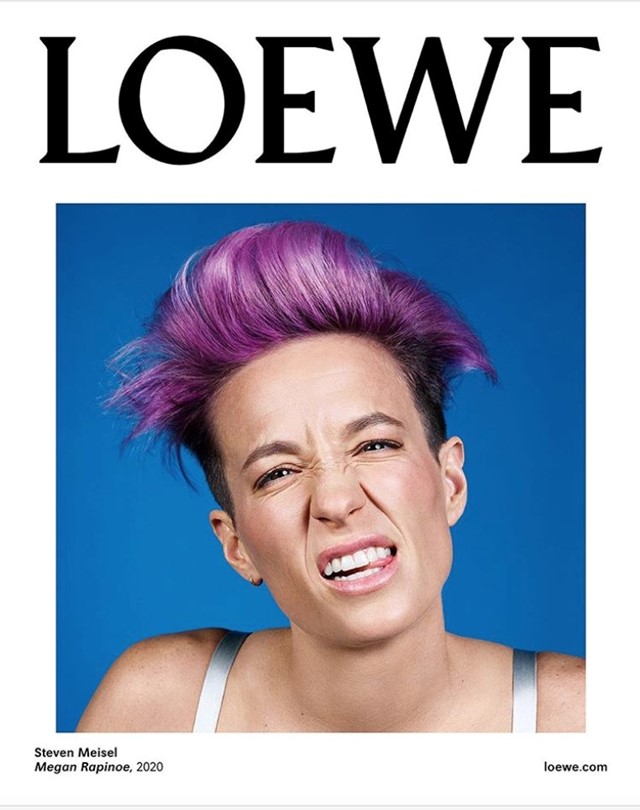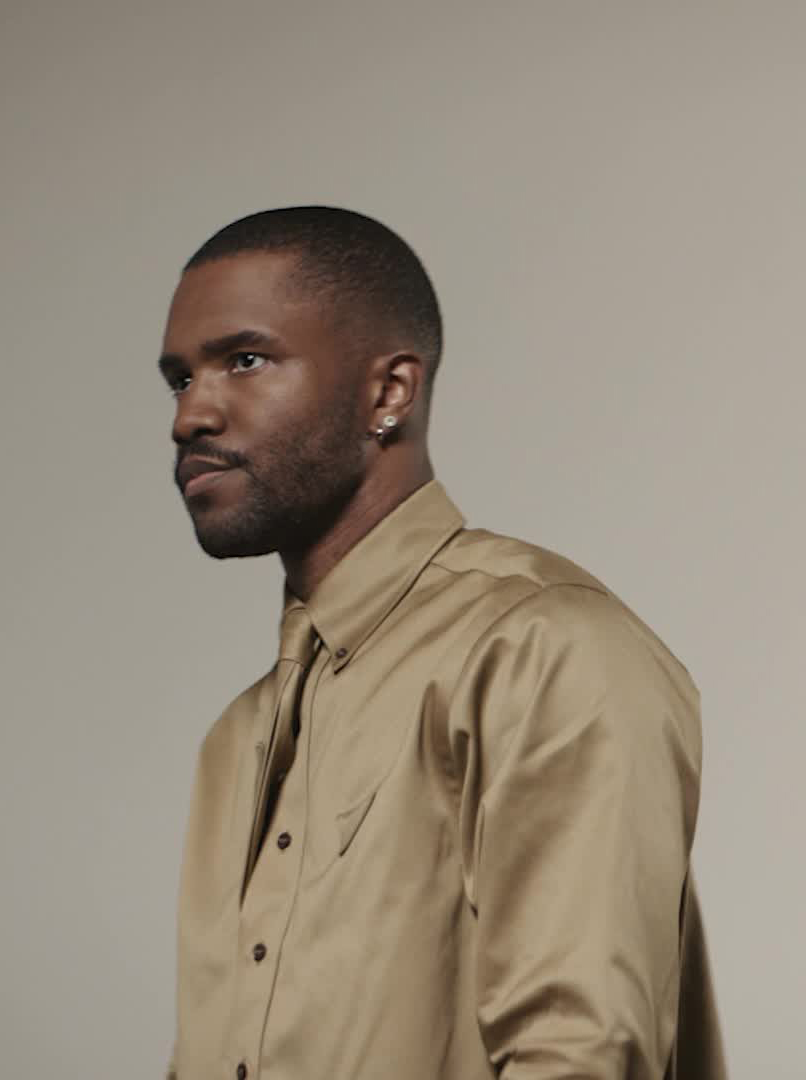What the person in your campaign says about you has never been more important
It used to be so simple. You picked a cool celebrity and paid then to wear your clothes (in a print campaign, on TV, to an event: it doesn’t really matter what platform it ends up on, as long as they’re in your clothes and they – and by reflected glory you – look good).
But having a celebrity signed up to wear your clothes is no longer enough: today, they have to stand for something.
This is, we should make clear, a good thing. Discerning customers demand more from their clothes horses than simply looking pretty or handsome. The very idea of fame is being questioned to its core: from the vacuity of a narrow concept of beauty to the questioning of the #metoo generation, we pick our heroes with more care than ever in 2020.
Look at the new breed of supermodels, who represent a richer, deeper, more holistic interpretation of what it means to be a ‘beautiful person’ today: people like Adwoa Aboah, founder of the charity Gurls Talk, addressing the issues affecting young women in the third decade of the 21st century, from mental health to body positivity; or Leomie Anderson, who tackles fashion’s – and society’s – ingrained misogyny and racism head-on.
These are voices that need to be heard and are using their platform to talk loud and proud. And, to be frank, they are putting some of their more famous celebrity peers to shame. The world of acting, particularly, is still in recovery from the post-Weinstein landscape, meaning brands need to pick their endorsers wisely and cautiously. Or, perhaps, boldly.
In these morally confused times, we need people to look up to, in all walks of life. So for a brand to build a multi-million dollar campaign around a high-profile figure is a commitment of trust like never before. In this environment, Rami Malek and Emma Stone (for new season Saint Laurent and Louis Vuitton respectively) are perhaps safe bets. Both have – in their public careers and private actions – shown their support for equality in terms of sex, sexuality and race. Meanwhile, Givenchy have opted for a timeless embodiment of female empowerment in the form of Charlotte Rampling.
See also the actress Jodie Comer for Loewe: the epitome of ‘alpha female’ in her role as Villanelle in Killing Eve (for further Force wokeness, eagle-eyed cinema-goers may have noticed she also plays Rey’s mother in The Rise of Skywalker). But in 2020, strong, relatable endorsers are the minimum requirement: active campaigners are the order of the day. Witness Megan Rapinoe, also for Loewe: the soccer World Cup winner has become a pin-up figure for outspoken and outraged righteousness, using her position to directly confront the bigotry of those who traditionally hold power over minorities of all shape, form and hue. In many ways, the Loewe campaign is the natural successor to Nike’s Colin Kaepernick advertisements of 2018. While that particular campaign drew fire from various quarters for over-politicizing the selling of sneakers, Nike’s retort was as simple as it was effective. Yes, they admitted, we are buying into someone else’s ideology – one that has proven divisive domestically. And while Kaepernick’s detractors obviously questioned the move, it was perhaps the attitude of his supporters that was more worrying for the brand: a significant number of whom questioned their motivation and commitment beyond mere opportunism. The answer? Bite the bullet. In short (and to paraphrase), their reply was: we are putting our money behind this, because we think it’s the right thing to do. Would you rather we gave our money to someone else? The gambit appears to have paid off.
There is of course plenty of precedent for this. Apple’s long-running ‘Think Different’ campaign (which ran from 1997-2002) used key cultural figures – including Mahatma Gandhi, Miles Davis, Cesar Chavez, John Lennon and Albert Einstein – to sell the association between their products and various historical mavericks and geniuses. The other difference being, of course, that most were already dead. Still, the blessing of their estate was blessing enough.
In these more nuanced times, however, we need heroes who stand up to be counted in real time. Take Amandla Stenberg, the Oprah-championed actor/singer who questions everything from gender to smartphone addiction, who has represented Miu Miu and Fenty. Prada, on the other hand, has opted to use its name to spell out slogans according to the campaign star. Frank Ocean, for instance = Programming Rhythms And Dancing Again. Fairly innocuous, you might think, until you consider he has decried his previous homophobic/biphobic attitudes whilst part of Odd Future to become arguably the highest profile ‘out’ hip hop star in the world – his 2012 Tumblr post admitting his feelings prompting Def Jam co-founder Russell Simmons to write, ‘Today is a big day for hip hop. It is a day that will define who we really are. How compassionate will we be? How loving can we be? How inclusive are we? Your decision to go public about your sexual orientation gives hope and light to so many young people still living in fear.’
As is the norm, these posts usually end with some handy marketing takeaways. This week, it’s simple:
Pick people you’re proud to be associated with.
